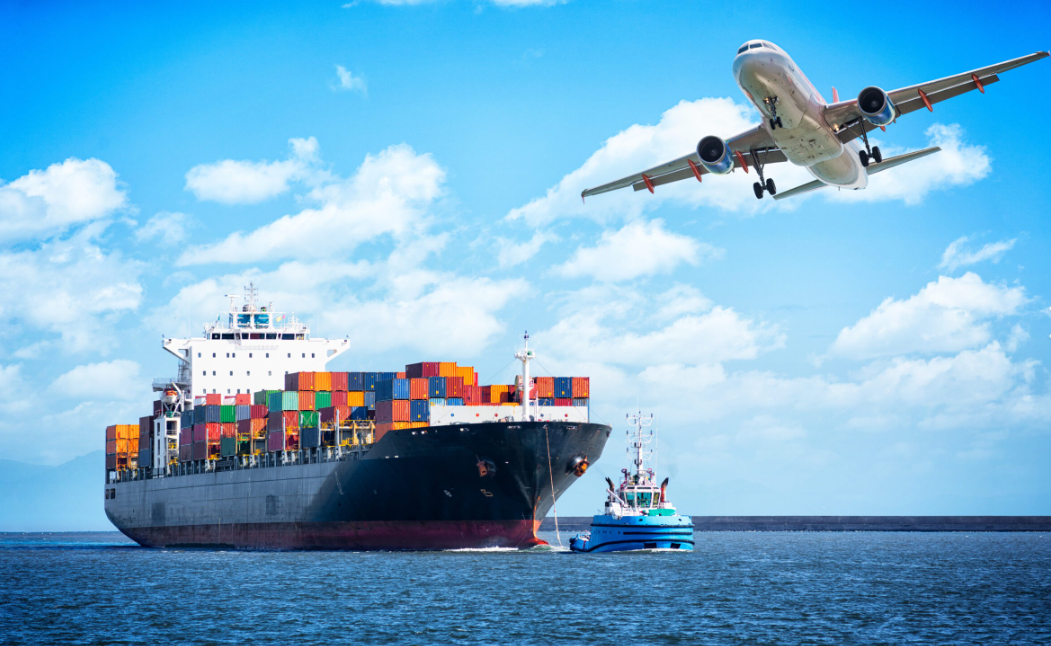What are the main types of multimodal transport for exports to the Middle East? The unique geographical landscape of the Middle East has established multimodal transport as a key logistics method connecting global markets with the region. The logistical disconnect between coastal ports and inland hinterlands has led to the development of combined transport models tailored to diverse needs, efficiently linked through core hub nodes.

Currently, mainstream multimodal transport modes for exports to the Middle East can be categorized into three types. Sea-road transport is the most mature option, leveraging the Middle East's well-developed port network. Goods arrive by sea at gateway ports and are then distributed inland by trucks, offering low costs and broad coverage, though land transport is susceptible to border inspections and road conditions.
Sea-air transport emphasizes high timeliness, with goods transferred to air freight upon arrival at ports and shipped to remote airports. This method is 30%–50% cheaper than pure air freight while being faster, making it suitable for urgent, high-value goods. Rail-sea/rail-road transport, as an emerging model, connects to the Middle East via the China-Europe Railway Express through Central Asia, bypassing maritime congestion. With the ongoing development of networks such as the UAE's Etihad Rail, its potential is gradually being realized.
Hub nodes serve as the core support for multimodal transport. In maritime transport, Dubai's Jebel Ali Port, the largest container port in the Middle East, functions as a sea-land-air logistics hub, leveraging free zone policies and its proximity to the airport. Abu Dhabi's Khalifa Port, with its smart upgrades and extensive shipping network, saw a 36% increase in throughput in 2024, establishing itself as a benchmark for smart logistics in the region. In land transport, Dubai serves as a hub radiating to the six Gulf countries, while Riyadh, connected by a six-hour railway link to Dammam Port, functions as an inland distribution center. Railway hub construction is accelerating, with the Abu Dhabi-Fujairah rail shuttle already operational, promising enhanced sea-rail coordination in the future.
The combination of these models and hubs not only addresses the geographical constraints of Middle East logistics but also provides flexible and efficient logistics solutions for Chinese companies expanding overseas, supported by digital tracking and green transport upgrades.
Ontask Express focuses on the Saudi special line, providing customers with efficient and reliable Saudi cargo, with a focus on the Middle East region. With overseas warehouses in Jeddah and Riyadh, along with a self-managed Chinese delivery team, we empower Chinese products to go global and benefit all humanity!


